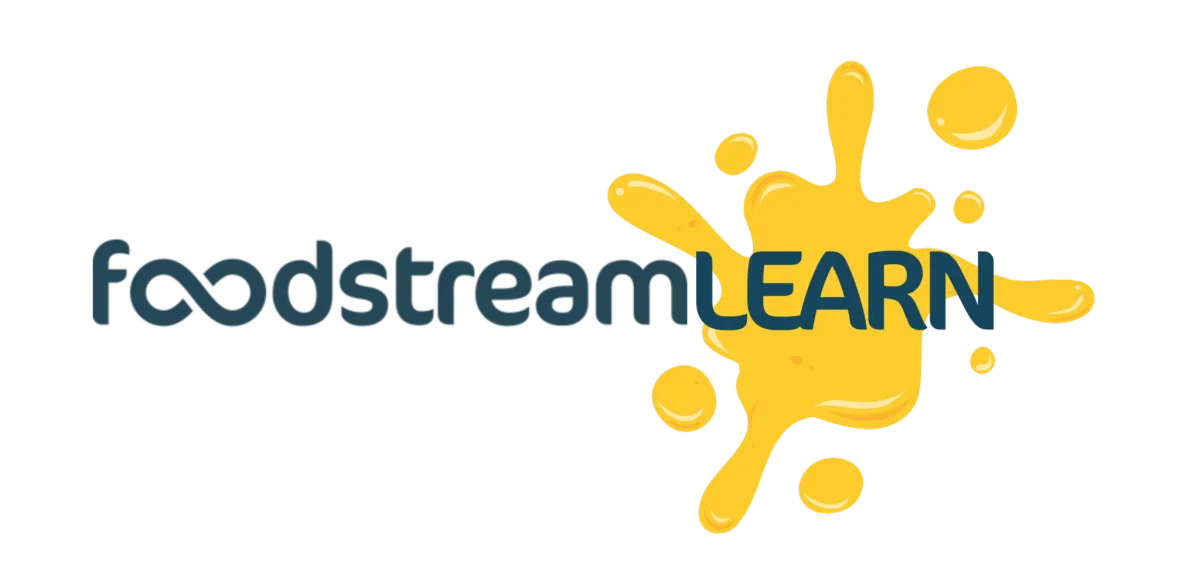THE TASTIEST PROGRAMS YOU’VE NEVER TRIED
From kindergarten to high school, our hands-on food education programs meet students where they are, and give them tools to go further.

Edible Kitchen
A seed-to-plate, sustainability & climate program that fuses gardening and cooking, turning classrooms into edible ecosystems.
Program Overview
Edible Kitchen is our sustainability and climate education program that connects the garden to the kitchen through hands-on lessons, taking students from planting seeds to preparing meals. No kitchen or garden required. Whether indoors or outdoors, students explore plant life cycles, seasonal ingredients, and food systems while building confidence, wellness, and environmental stewardship. The program also supports schools in implementing Food Waste Prevention and Share Table initiatives that align with Office of Energy & Sustainability and Climate Action Day themes of sustainability and waste reduction.
Our class loved all three sessions, they were excited and engaged throughout all lessons!
The educator was clear and provides precise expectations.
Anastasia does a fantastic job relating to the students and they really enjoy coming to her classes. We hope to have y'all back in an even bigger capacity next year!
Great experience, timed perfectly, all yummy!
Program Details
Each Edible Kitchen session combines growing and cooking activities. Students learn how to care for plants, track growth, and harvest responsibly. Once ingredients are ready, they prepare simple, seasonal meals using produce they’ve grown themselves. Indoor grow kits and garden supports ensure year-round participation, even without outdoor space.
All year round program, suitable for In-school or after-school, grades K–8. Ideal for schools with garden beds, hydroponics; STEM & sustainability programs but not essential.
Topics Include
Curriculum, equipment, and ingredients
Integrated cooking, gardening & sustainability
Seed-to-table and food waste reduction
Composting & cafeteria waste awareness ♻️
Plant life cycles, growing & harvesting
Culturally relevant & generous recipes
Adaptable for classrooms, or outdoor spaces
Delivered by passionate educators creating joyful impact! 🌱
Format
- Curriculum and ALL materials included
- Available in-person at NYC public schools
- Suitable for both indoor and outdoor environments
- Growing kits, seedlings, culinary tools, ingredients provided
Sample lesson plan
“Garden Stir-Fry”
Objective: Students will understand the life cycle of vegetables from seed to plate, and gain confidence in preparing and enjoying a healthy meal they helped grow.
Garden Time: Students harvest bokchoy, scallions, and fresh herbs directly from the school garden, making the connection between what they grow and what they eat.
Activities
Hands-on prep: Working together, students chop the vegetables and sauté them with garlic and sesame oil, practicing safe kitchen skills and learning how simple ingredients become flavorful meals.
Team Discussion: As the stir-fry cooks, students reflect on the question: “What nutrients do we get from these ingredients, and why do they matter for our health?”
Reflection: Students complete a short journal entry on how it felt to eat something they grew themselves, building awareness of the connection between effort, growth, and nourishment.
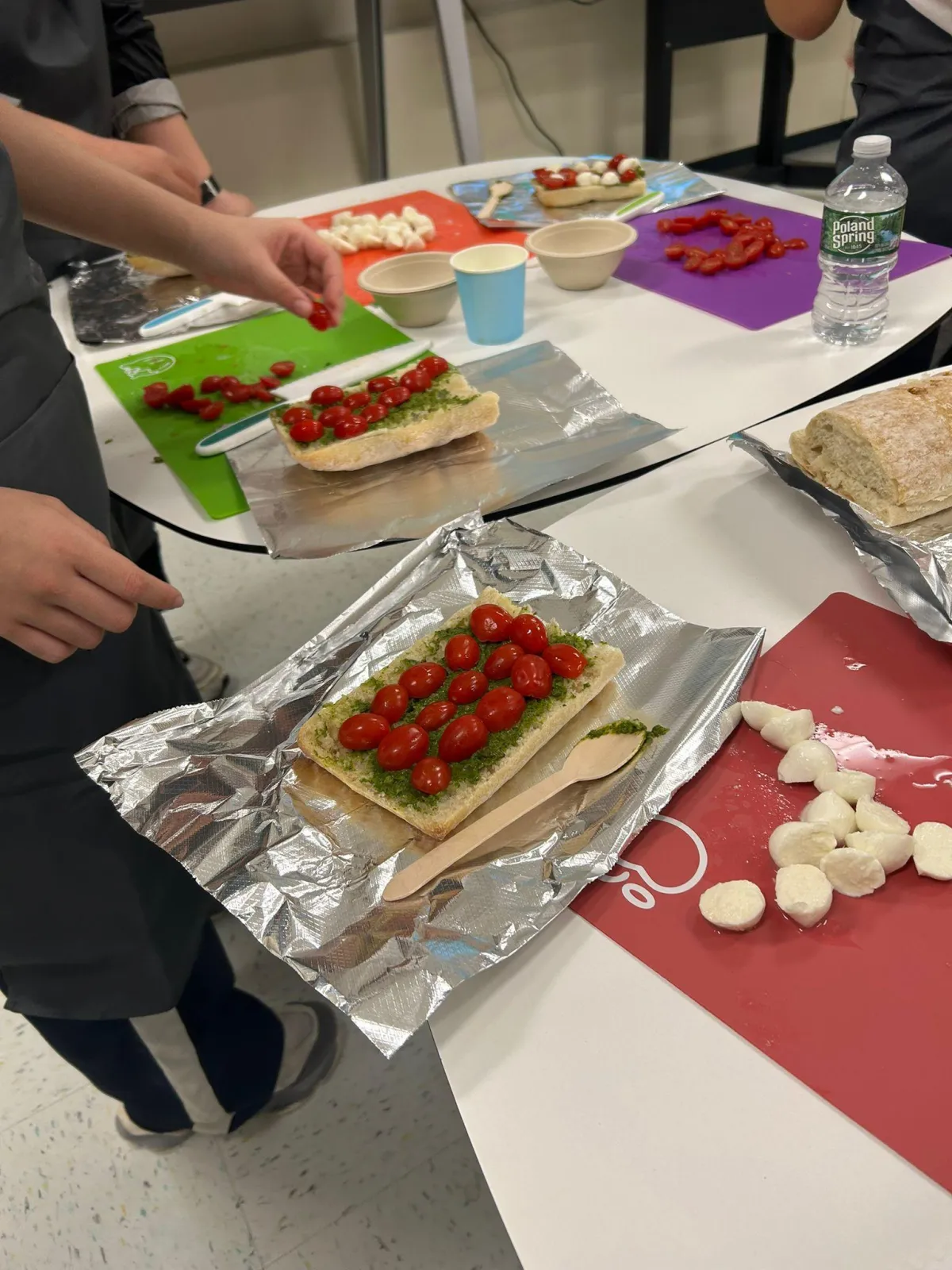
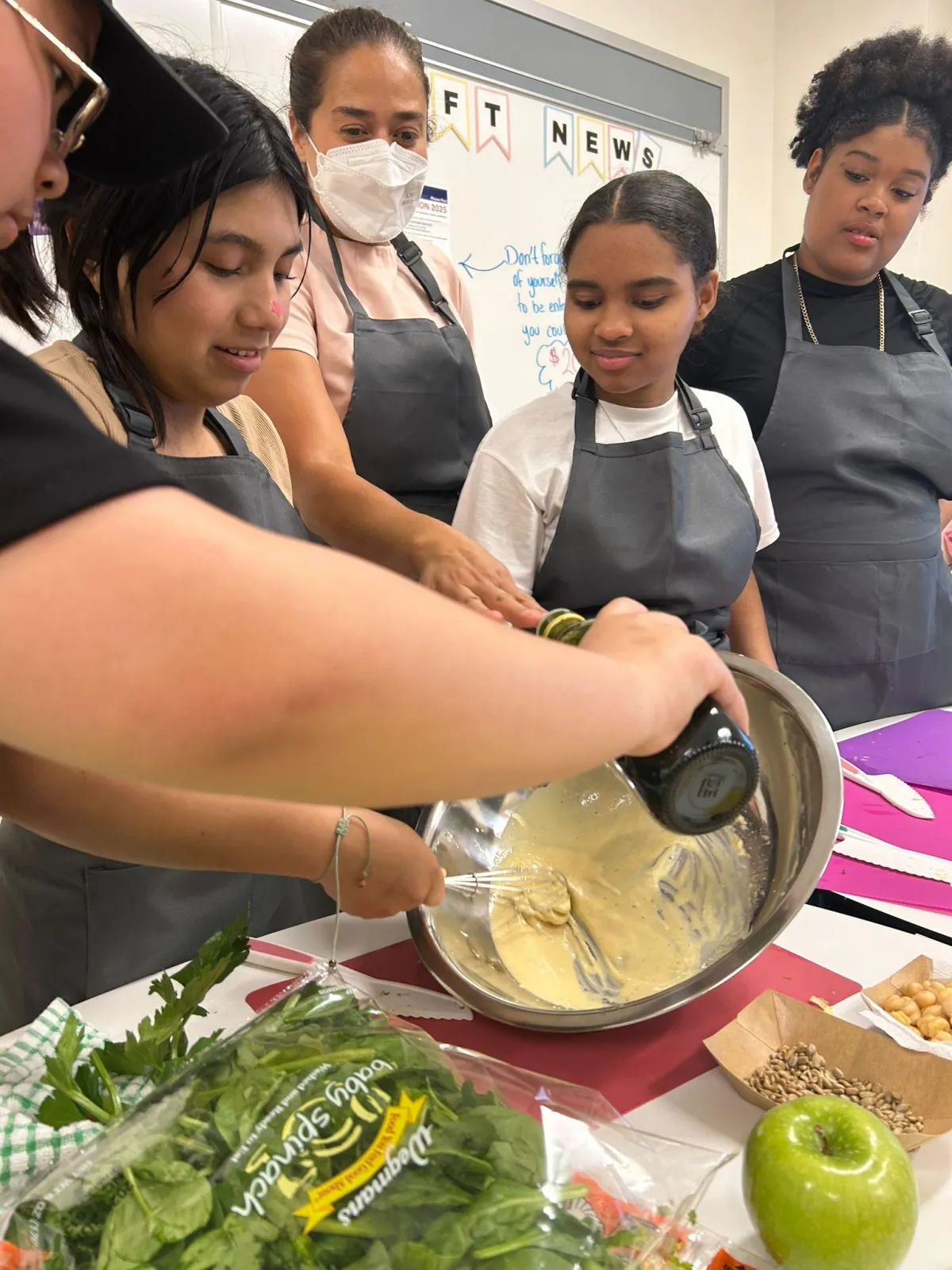
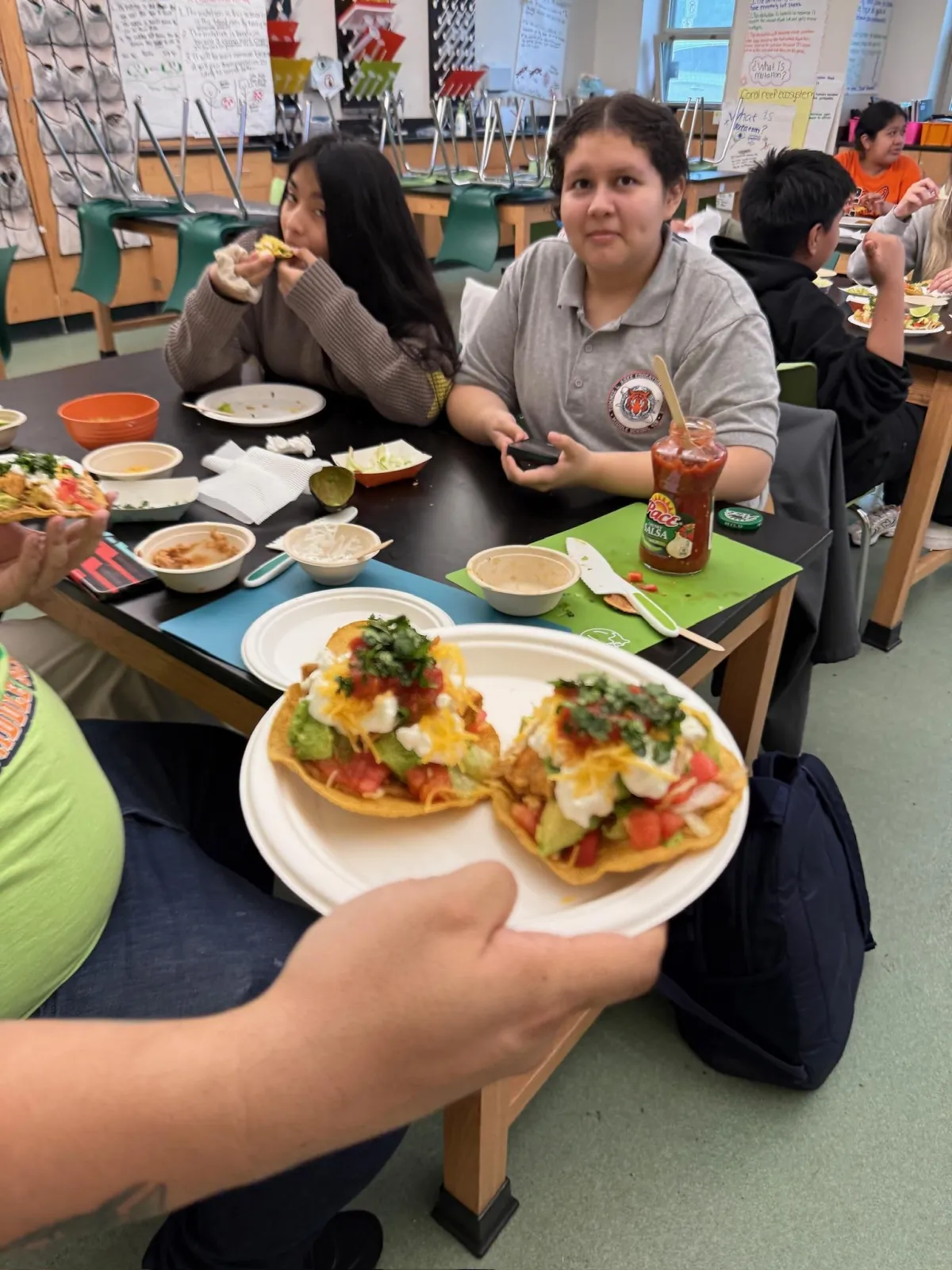
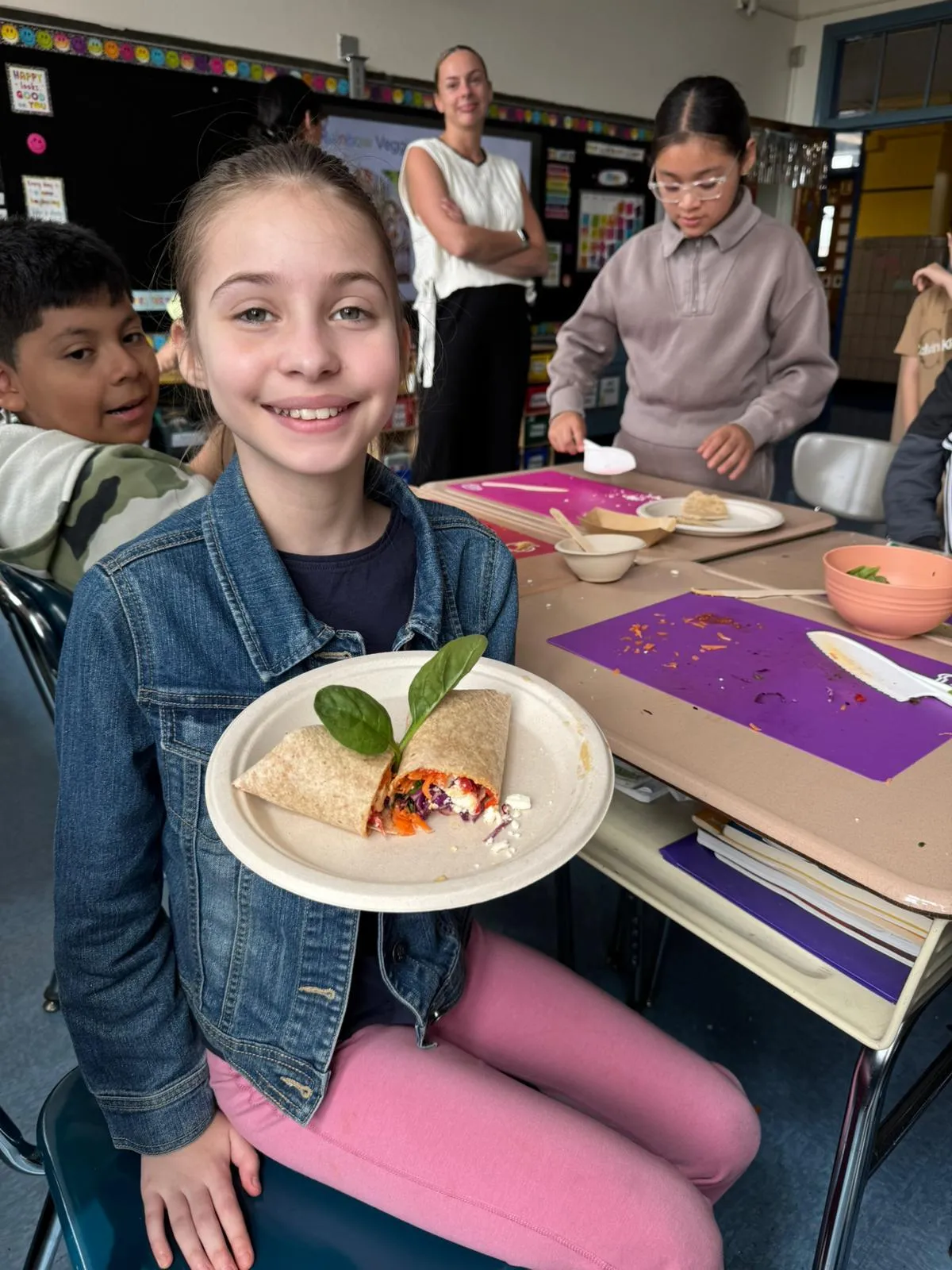
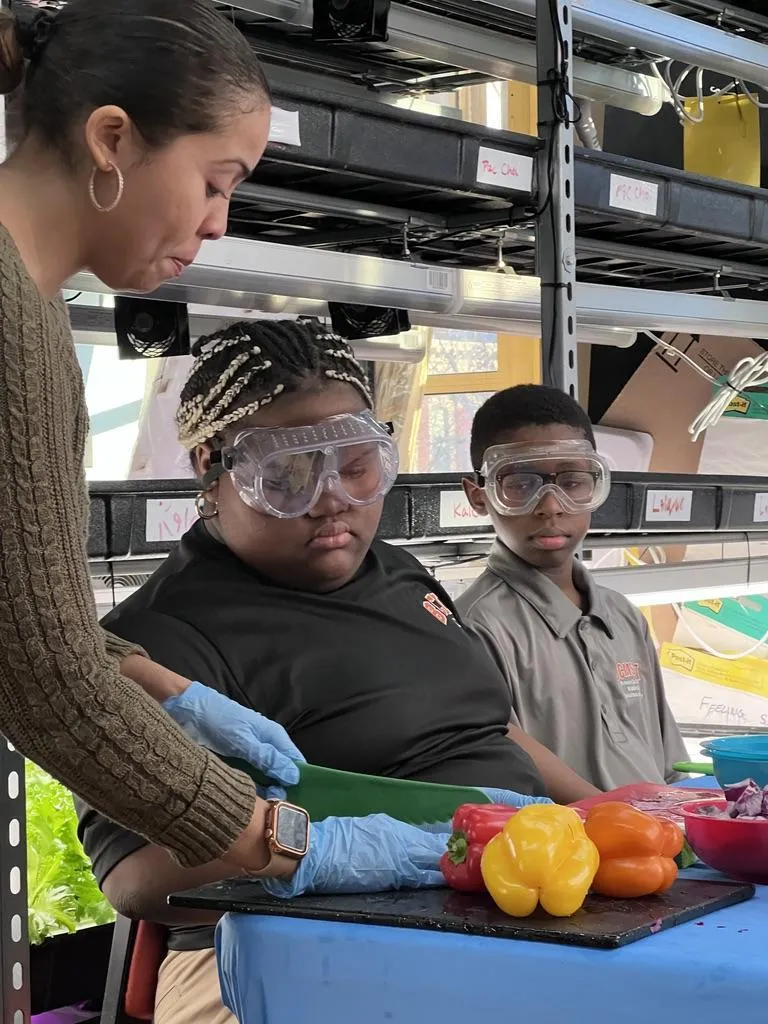
Bring The Joy of Hands-On Learning
Back to Your School


 Food Explorers
Food Explorers
 Family Table
Family Table
 Sensory Kitchen
Sensory Kitchen
 Edible Kitchen
Edible Kitchen
 Sun, Soil, Sky
Sun, Soil, Sky
 N.A.S.A.
N.A.S.A.
